The LP 'Rainbow Rising' was hailed as an instant classic upon its release in 1976. Ritchie Blackmore and his band reflect on that album and their rise and fall in the following article from Classic Rock Issue #158...
Munich, Germany, February 1976
Three months after Jimmy Bain joined Rainbow, the band flew to Munich’s Musicland studios to begin work on their 2nd LP, that would become "Rainbow Rising". The new line-up had already been broken-in with US dates the previous November, on which they unveiled three new songs: 'Do You Close Your Eyes', 'Stargazer' and 'A Light In The Black'.
“We had written 'Stargazer' at rehearsals, and 'Tarot Woman', I believe,” Blackmore recalls today. “The other songs we made up in the studio, as far as I remember. We chose the studios because I worked there before. I like to be in Germany when I’m recording.”
 |
| Rainbow 1976 (L-R): Carey, Powell, Bain, Blackmore & Dio |
Founded by disco producer Giorgio Moroder, Musicland had already hosted Led Zeppelin and The Rolling Stones, as well as Deep Purple and a Blackmore solo session. Technically and aesthetically, though, it left a lot to be desired. “We couldn’t get the drums to sound live enough, because it was an archetypal 70's studio with rugs on the wall”, Carey remembers. “So we got a wrecking crew together, hacked up the stairwell and turned it into a concrete tomb. That’s how Cozy got his sound.”
Overseeing the sessions was Deep Purple producer Martin Birch. Having worked with Blackmore’s former band during their most turbulent periods, the Zen-like Birch was a calming influence. He was also a black belt in karate, which gave him an assurance that came in useful when dealing with strong personalities.
 |
| Ronnie James, Martin Birch with Ritchie Blackmore (Getty Images) |
Also on hand was Musicland’s resident engineer, Reinhold Mack. Apparently the German-born Mack would alleviate tensions by arriving in the studio dressed in a storm trooper’s uniform and barking out orders to the band. “I did this only once,” says Mack. “Ritchie always asked me about WWII stuff – as if I would know. So me and my assistant rented the gear and stormed into the control room cussing and shouting, almost scaring Ritchie to death. Fairly good acting on my part.”
Despite the underlying tensions, Rising is the sound of a band on fire. Recorded in the days before digital edits, the album has the intensity of a band getting it right in just a couple of takes, driven by Blackmore’s intense desire to prove a point to his former Purple bandmates. And then there’s the voice. “Ronnie was not only a talented singer, he was an amazing songwriter,” says Carey. “Even on the throwaway songs, which would be 'Run With The Wolf' and 'Do You Close Your Eyes', he was ferocious. All five-foot-two of him.”
The album kicks off with the keyboard crescendo of 'Tarot Woman'. “I especially like the Minimoog solo Tony does on Tarot Woman,” says Blackmore. “It was the first solo he did for the song. He said he could do much better, and went back and played for about an hour, but it never compared to the first solo.”
The album’s centerpiece is 'Stargazer', a nine- minute epic that combines Blackmore’s love of classical music with Dio’s vivid, fantastical lyrics. The track is built around a cello-inspired main riff, but the highlight is Blackmore’s uninhibited lead playing and searing slide work (a recent addition to his repertoire). The sweeping, Eastern scales add to the grandiosity.
“It’s amazing how many guitarists use the same old lines,” says Blackmore. “They never dare touch Arabic or Turkish scales.” For added grandeur, Blackmore brought in the Munich Symphony Orchestra, led by conductor Rainer Pietsch. But not everything went to plan.
 |
| Blackmore Left - Powell Top - Carey Bottom- Dio Right |
“The orchestra was too flowery, and there was too much detracting from the simple melody,” Blackmore says in retrospect. ”We kept taking out parts, and I felt sorry for Rainer because he was so proud of this grandiose piece he had written. We got down to the bare bones, and mixed in some Mellotron to even out the orchestra not sounding cohesive or in tune.”
Rising was released on May 17, 1976. Although it has a running time of just 33 minutes and 28 seconds, Blackmore obviously felt it was complete, as he held back songs, notably 'Kill The King' and 'Long Live Rock’N’Roll', for Rainbow’s next album. Looking back at Rising, opinions differ. Bain (see right) remains positive. “You could tell how much fun we were having,” he says. “It’s got that attitude.”
Blackmore, though, is more circumspect: “Although I thought the overall sound of the record was very punchy, it lacked warmth and bass. It was very ‘toppy’.”
Europe, Australia and Japan, June-December 1976
That summer, Rainbow embarked on a world tour that took them to four continents in six months. Surprisingly, their set didn’t include "Tarot Woman" and 'A Light In The Black', while 'Stargazer' was rarely included. “For some reason the tempo for 'Tarot Woman' didn’t translate for the stage,” Blackmore explains. “Same with Stargazer. Which was a pity.”
The tour was far from perfect. On the technical side, the vast, 40-foot wide Rainbow backdrop, powered by 3,000 light-bulbs, played havoc with the guitars and amplification. It was eventually chucked into the Atlantic at the end of the tour, to the delight of the beleaguered lighting crew.
 |
| Rainbow's Infamous Stage Prop |
These technical problems with their stage setup was further noted in Jeff Apter's biography on The Life of AC/DC's Angus Young, when writing about their 1976 European Tour:
AC/DC's 'gang' mentality was at work when they toured Europe with Ritchie Blackmore's new band, Rainbow, and the man's onstage rainbow proved about as reliable as Spinal Tap's Stonehenge prop. Night after night it repeatedly failed to do its many-coloured thing. Angus, Malcolm and the others would stand side-stage, waiting for the latest equipment malfunction. When it inevitably happened, they'd burst into laughter...... [High Voltage: The Life Of Angus Young - AC/DC's Last Man Standing, by Jeff Apter, 2017. p99]
 |
| Is that Angus, Malcolm & Co watching from side-stage? |
By the time I joined the band to cover them for Sounds magazine, cracks were beginning to show. On the flight from Australia to Japan, Blackmore’s personal assistant, Ian Broad, got into a fight with Cozy Powell’s wife; Bain was ‘refreshed’ thanks to a prescription of Mandrax; Blackmore threw buns at disgruntled First Class passengers’ heads, and convinced confused staff that he was oblivious to events, while furtively fingering an innocent member of the group.
 |
| Rainbow's Australian Tour Advert |
Bad news greeted the band when they landed: Tommy Bolin had died. Despite the fact that he had replaced Blackmore in Deep Purple, Blackmore was a fan of Bolin; Bain was a personal friend.
Against this chaotic backdrop, Rainbow had split into separate camps. Bain and Carey’s up-all- night lifestyle earned them the nickname the Glimmer Twins. Blackmore kept himself sane by indulging in his usual pranks, and swigs of his beloved Johnny Walker Black Label whisky prior to shows. The more sedate Dio, meanwhile, spent a lot of time in his room. Powell kept his head down and socialised with everyone. Despite the growing divisions, the band played some of their best shows of the tour, as captured on their 1977 live album 'On Stage'.
Asked when he last listened to Rising, Ritchie Blackmore replies: “I haven’t heard it in 25 years.” He continued to fly the Rainbow flag until 1984, albeit in increasingly radio-friendly forms.
“He was perturbed that he wasn’t being played on the radio,” reckons Bain, “and he decided to go a different route. He didn’t think we were going to get successful, because Rising was too heavy.”
After Deep Purple’s reunion in the 80s and a brief resurrection of the Rainbow name in the mid-90s, Blackmore has largely turned his back on rock in favour of his Renaissance-era project Blackmore’s Night with his wife, vocalist Candice Night. They have released 14 albums in as many years.
 |
| RIP Ronnie James Dio |
“Rainbow was such a great influence on younger musicians,” Dio said. “I’d see these bands who would say, ‘Rainbow were the reason I started to play.’ It was a ground-breaking time.”
Tony Carey (see left) has had a successful career as a performer, arranger and producer since leaving Rainbow. Two years ago he teamed up with Blackmore’s son, Jurgen, to form Over The Rainbow, performing classic Rainbow covers. Soon after, he was diagnosed with cancer and given only a 10 per cent of survival. Remarkably, he beat the disease and is now fit and about to take Over The Rainbow out on the road again. “I’ve lost many of my organs but managed to save my Hammond,” he jokes.
After Rainbow, Jimmy Bain joined Dio in the singer’s solo band. Today he’s threatening to release a solo album, and has started writing an autobiography, called "I Fell Into Metal". Despite past tensions he has kept in touch with Blackmore, and says he has no bad feelings towards his former boss: “I was kind of pissed off that I didn’t get to stay longer, but I can never say anything bad about Rainbow. I was only in it for two years, but it’s done me a lot of favours.”
Rising has been widely praised as one of the defining albums of the 1970s and the group who recorded it have been hailed as one of the most under-appreciated rock bands ever. Even as far back as 1976, Ritchie Blackmore certainly agreed: “Everybody who’s heard it thinks it’s my best playing in a long time, which I suppose is a compliment,” he said. “Then again, what do they know?” [By Peter Makowski (Classic Rock #158) published 14 April 2014]
 |
| LP Gatefold |
As promised, here is Rainbow's 2nd LP (and their best) in glorious FLAC format, along with full artwork for CD and vinyl media. All posted photos and label scans are also included. "Stargazer" and "Tarot Woman" blew my mind when I first heard them back in '76 and would have loved to have seen them when they toured Australia, but alas I was doing my Year 12 at school and there was no way my parents would let me go at that crucial time in my life. Bugger !
01 Tarot Woman 5:57
02 Run With The Wolf 3:39
03 (Lady) Starstruck 4:04
04 Do You Close Your Eyes 2:57
05 Stargazer 8:25
06 A Light In The Black 8:12
Rainbow were:
Ronnie James Dio - Vocals
Ritchie Blackmoore - Guitar
Jimmy Bain - Bass
Cozy Powell - Drums
Rainbow Rising Link (219Mb)


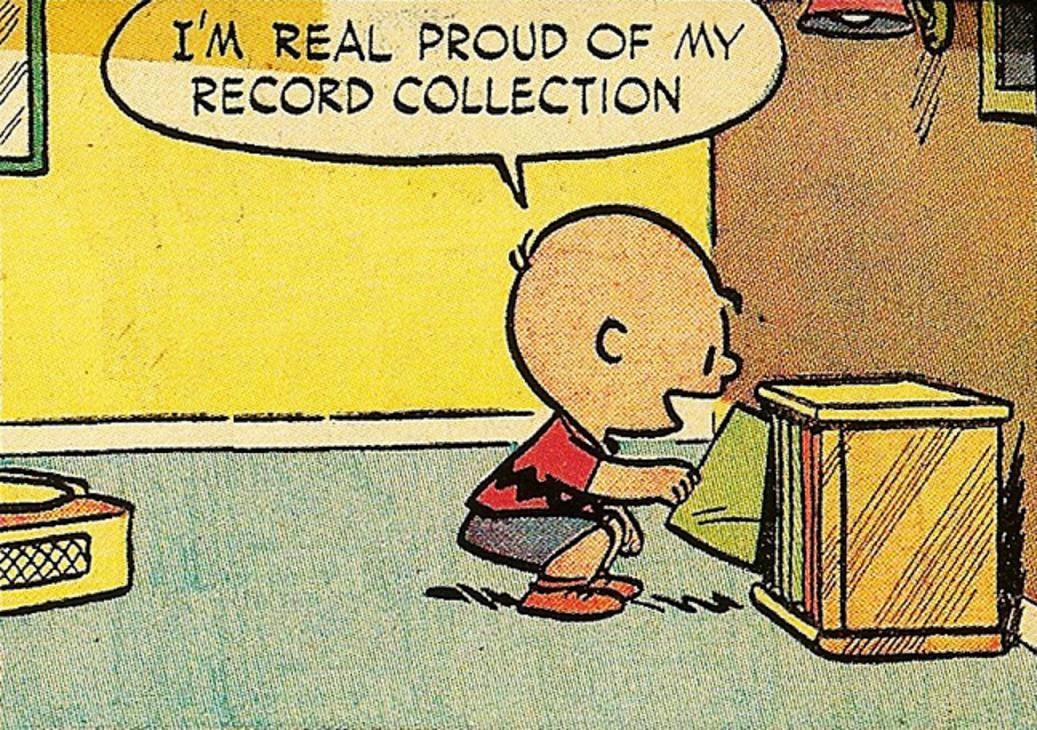

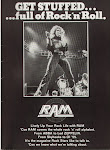
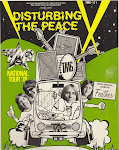
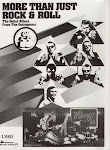
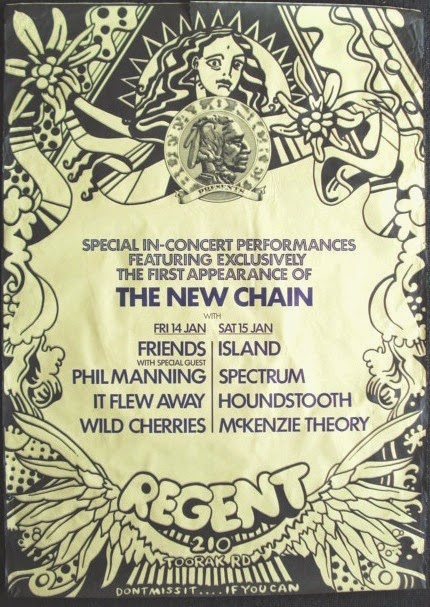















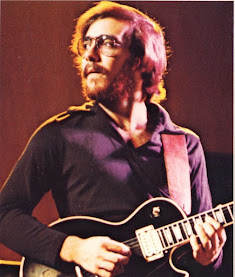


















.jpg)






,%20Texas.%20With%20Leland%20Sklaar%20and%20Gil%20Matthews.jpg)






